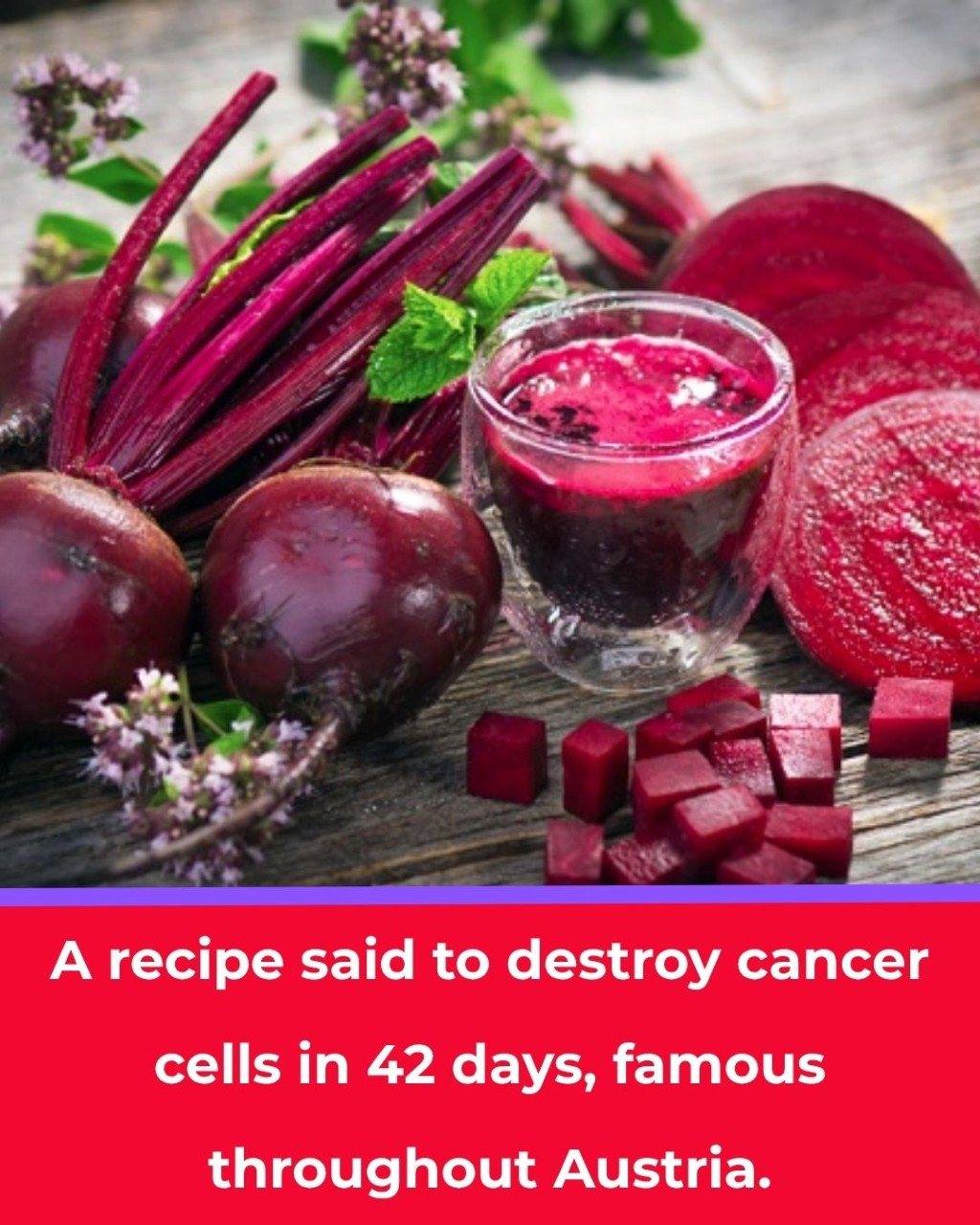💚 Claimed Benefits vs. Scientific Evidence
While Breuss claimed his treatment helped thousands, modern science evaluates the individual ingredients for their nutritional, not curative, value.
| Ingredient | Claimed Benefit by Proponents | What Science Actually Says |
|---|---|---|
| Beetroot | Detoxifies blood, starves tumors. | Rich in betalains, which have strong antioxidant and anti-inflammatory properties. Supports liver health and blood flow, but does not cure cancer. |
| Carrots | Boosts immunity against cancer. | High in beta-carotene (Vitamin A), which supports immune function and vision. No evidence it treats cancer; high doses can be harmful for smokers. |
| Celery Root | Reduces inflammation. | Contains antioxidants like apigenin. A healthy anti-inflammatory food, but not a disease treatment. |
| Potato | Provides minimal energy during fast. | Source of vitamin C and potassium. The small amount in the juice offers negligible calories. |
⚕️ The Critical Medical Consensus
Major health organizations universally caution against this regimen for cancer patients.
-
It is Not a Cancer Cure: There is no credible scientific evidence that the Breuss diet, or any juice fast, can cure cancer. Tumor cells are highly adaptable and cannot be selectively « starved » in this way.
-
Dangerous for Patients: For someone with cancer, severe calorie and protein restriction leads to cachexia—a devastating wasting syndrome that weakens the body, compromises the immune system, and reduces the ability to tolerate life-saving treatments like chemotherapy.
-
General Health Risks: Even for healthy individuals, a 42-day fast can cause severe fatigue, muscle loss, nutrient deficiencies, and electrolyte imbalances.
Cancer Research UK states plainly: « There is no scientific evidence to support the Breuss diet as a cure for cancer… it could be very harmful. »
🧠 A Balanced and Safe Approach
see continuation on next page

